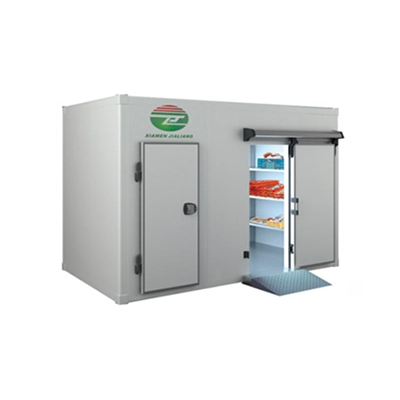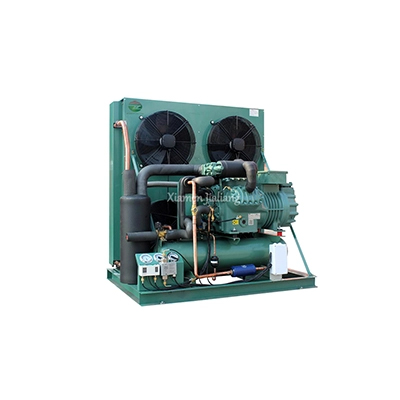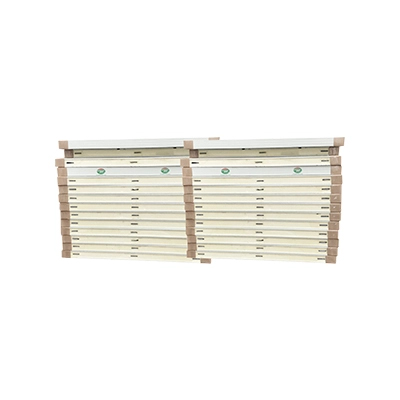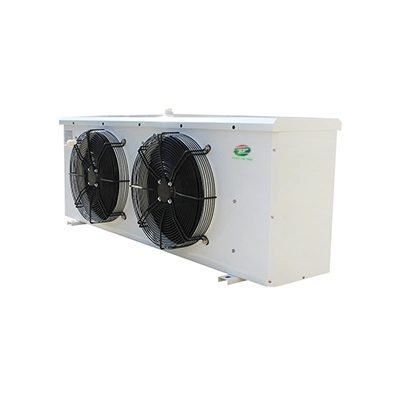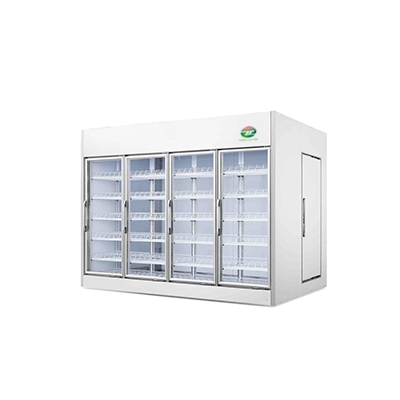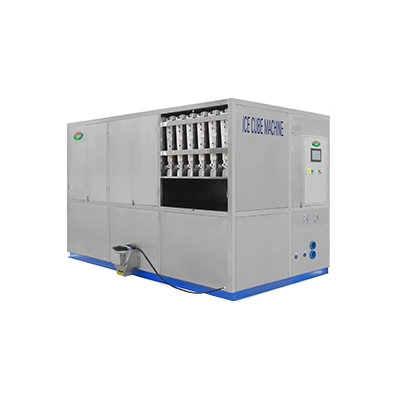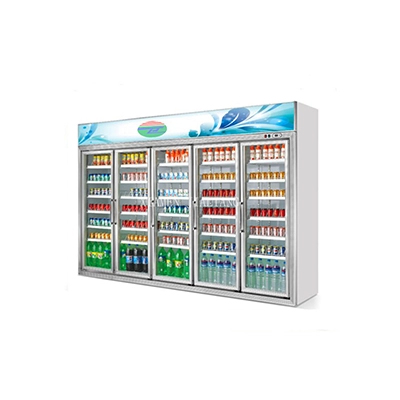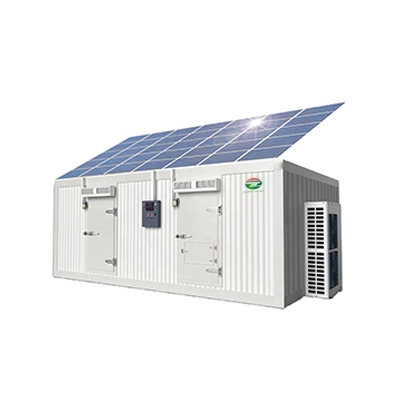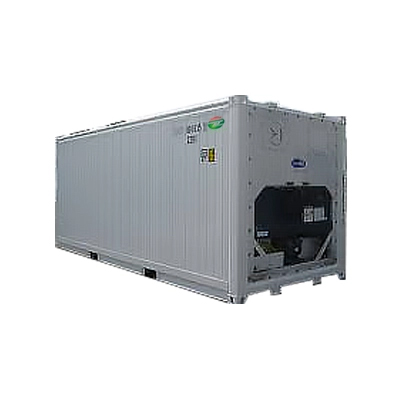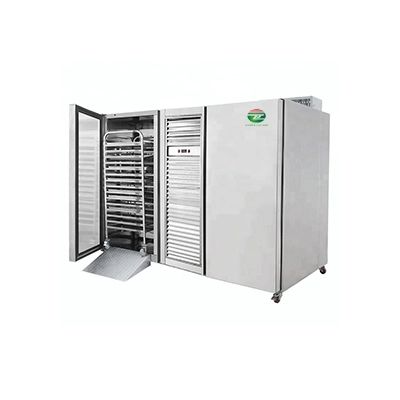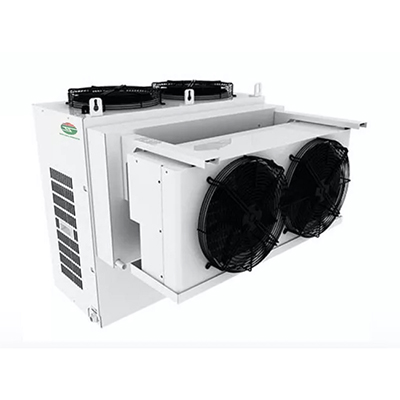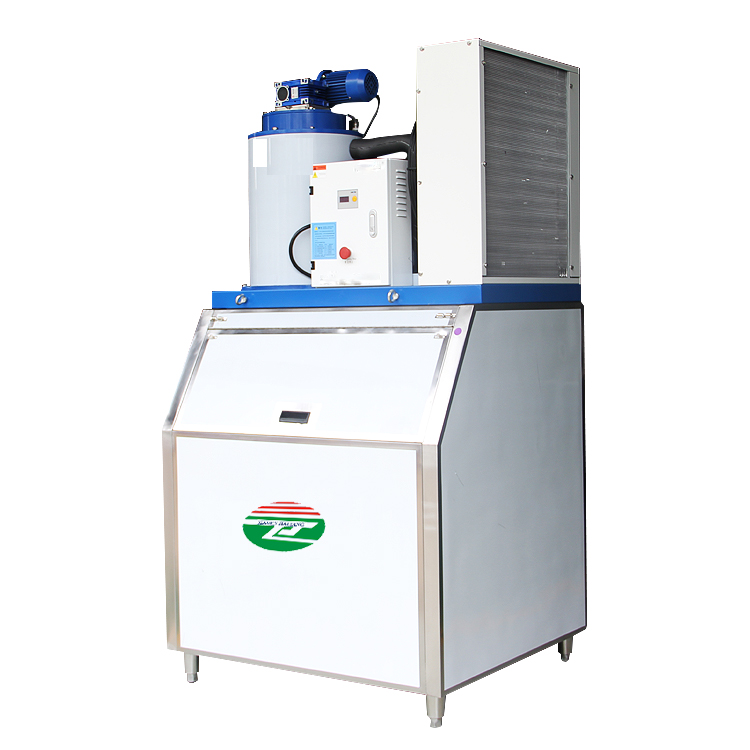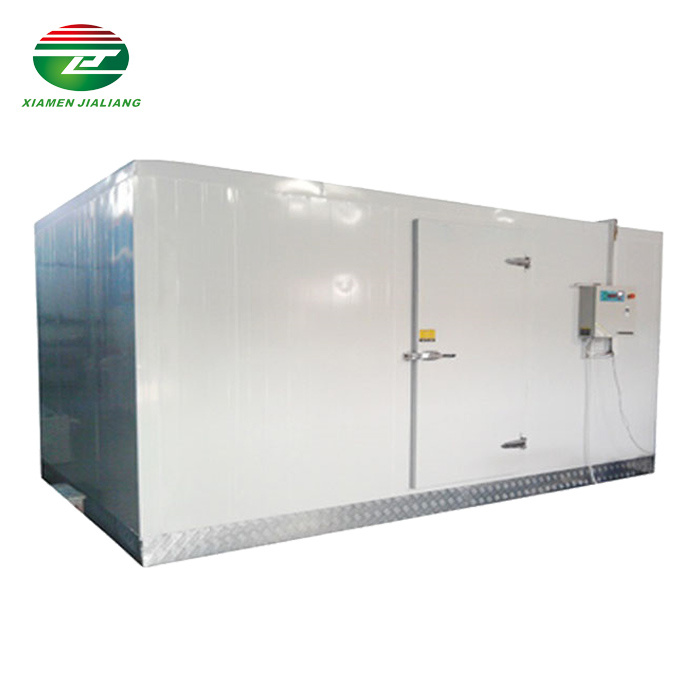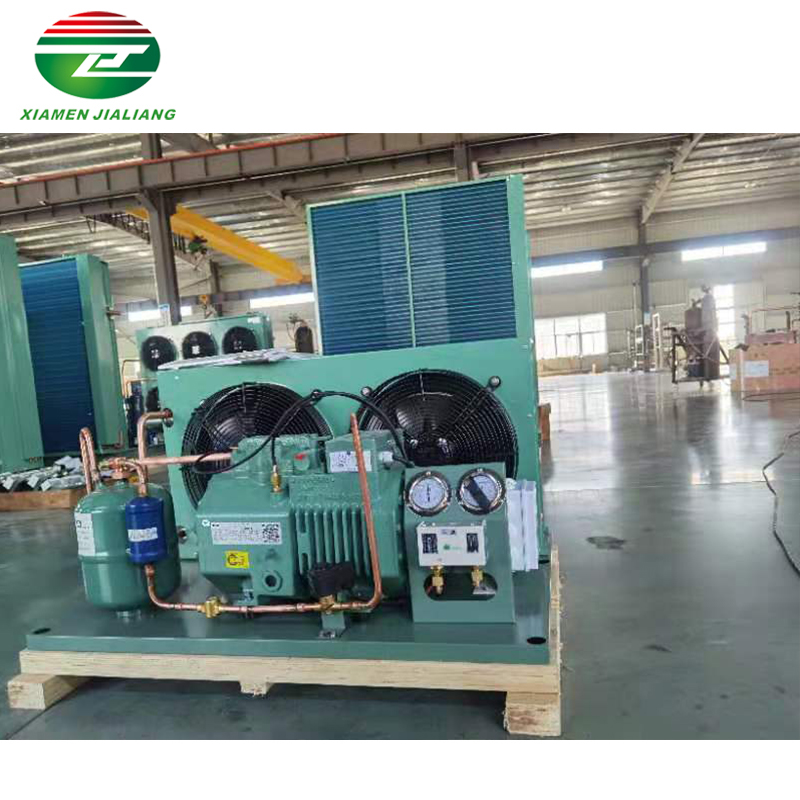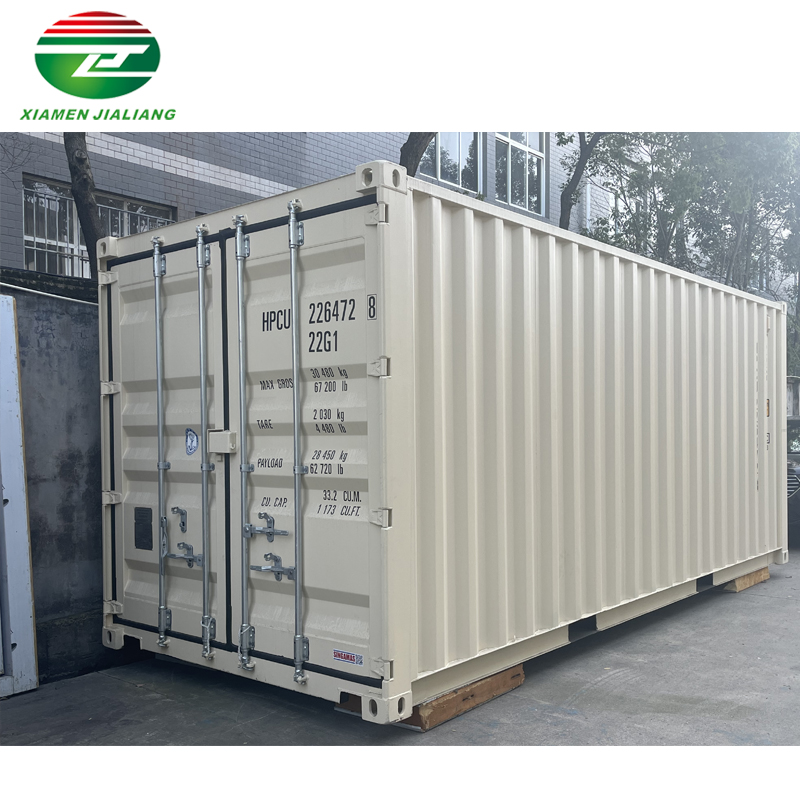Can you run a cold room on solar?
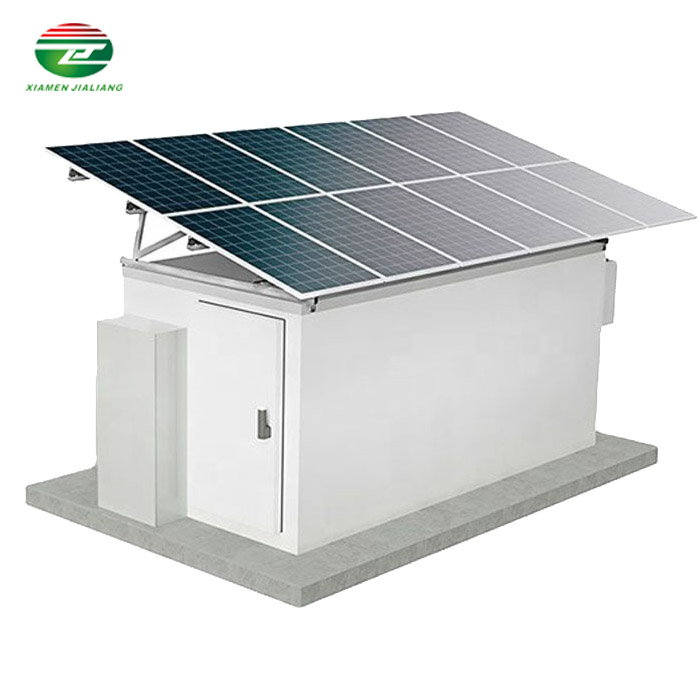
In today’s fast-paced world, sustainability has become a key focus for businesses across industries. One area where renewable energy is gaining increasing attention is in operating cold rooms. Traditionally, these temperature-controlled storage spaces have relied heavily on electricity, resulting in high energy consumption and significant environmental impact. However, with the advent of solar power, a new era of sustainable cold room operations has dawned. This article explores the benefits of running a cold room on solar power, revealing the factors businesses need to consider when choosing this eco-friendly solution. Additionally, it delves into real-life case studies highlighting the successful implementation of solar-powered cold rooms, demonstrating the viability and potential of this green technology. Join us as we explore the world of solar-powered cold rooms and uncover the numerous advantages they offer to businesses seeking to reduce their carbon footprint and operating costs.
Benefits of Running a Cold Room on Solar Power
Running a cold room on solar power offers a host of benefits that can revolutionize the way we store and preserve perishable goods. With the demand for energy-efficient and eco-friendly solutions increasing, harnessing the power of solar to power cold room operations has become a game-changer for the industry.
One of the main benefits of running a solar-powered cold room is the significant reduction in energy costs. Traditional cold rooms rely heavily on electricity, which is costly and contributes to carbon emissions. By harnessing the power of the sun, businesses can cut their energy bills and minimize their carbon footprint. Solar energy is a renewable energy source that is not only abundant but also free, making it a sustainable and cost-effective option for cold room operations.
In addition to cost savings, solar-powered cold rooms offer greater reliability and independence. With a reliable solar system, businesses can ensure uninterrupted operations even during power outages or fluctuations in grid supply. This is critical for industries that rely heavily on maintaining constant temperatures, such as food processing, pharmaceuticals, and biotechnology. By reducing reliance on the traditional grid, businesses can better control their operations and avoid potential losses due to power outages.
In addition, running cold rooms on solar power aligns with sustainable development goals and demonstrates a commitment to environmental stewardship. Unlike traditional methods of power generation, solar energy is clean and produces zero greenhouse gas emissions. By reducing reliance on fossil fuels, businesses can contribute to mitigating the effects of climate change and protecting the planet for future generations. Customers are becoming more aware of environmentally friendly practices, and businesses that adopt solar power can gain a competitive advantage by attracting environmentally conscious consumers.
Another advantage of solar cold rooms is the versatility and adaptability they offer. Solar panels can be mounted on a variety of surfaces, such as rooftops or open fields, which makes them feasible for businesses with limited space. Additionally, advances in solar technology have made it possible to store excess energy generated during the day for use during periods of low sunlight or higher demand. This ensures a continuous and reliable supply of electricity, regardless of weather conditions or the time of day.
Factors to Consider When Running a Cold Room on Solar
Running a cold room on solar power is an environmentally friendly and cost-effective solution for businesses that require refrigeration. However, there are several factors to consider when implementing this technology to ensure optimal performance and efficiency.
First and foremost, it is vital to assess the power needs of a cold room. Solar panels use sunlight to generate electricity, which is then stored in batteries for later use. Understanding the energy consumption of a cold room is essential to determining the number of solar panels and batteries needed to meet demand. By accurately estimating power needs, businesses can avoid oversizing or undersizing their solar systems, thereby optimizing energy use and minimizing costs.
Additionally, the location and orientation of solar panels also play a major role in their performance. Panels should be installed in an area that receives the most sunlight throughout the day, preferably facing south to capture the most sunlight. Proper placement ensures that the panels are able to generate enough electricity to power the cold room consistently. Regular cleaning and maintenance of the panels is also essential to increase their efficiency and extend their lifespan.
In addition, insulating the cold room is essential to minimizing energy losses. A well-insulated cold room can maintain the desired temperature for longer periods of time, reducing the load on the solar refrigeration system. Proper insulation includes using high-quality wall, floor, and ceiling materials, as well as sealing any gaps or cracks that could allow heat transfer. By investing in insulation, businesses can maximize the efficiency of their solar-powered cold room and reduce energy consumption.
Another factor to consider is backup power. While solar panels are extremely reliable, there may be times when there is limited sunlight or unexpected system failures. Having a backup power source, such as a generator or grid connection, ensures uninterrupted operation of the cold room. This backup power can be used when sunlight is insufficient or when the solar system requires maintenance or repair. It gives businesses peace of mind knowing that their perishable goods will always remain adequately refrigerated.
Case Study: Successful Implementation of a Solar-Powered Cold Room
Solar energy has become a game-changer when it comes to sustainable and energy-efficient solutions. One area where solar energy has proven particularly successful is in the implementation of cold rooms. These specially designed rooms are used to store perishable items such as food, vaccines, and medicines at low temperatures. The successful implementation of solar-powered cold rooms can be seen through various case studies.
One of the case studies took place in a rural village in Africa where electricity access is limited. The community relies heavily on agriculture for their livelihood, but the lack of proper storage facilities posed a major challenge. With the help of a non-profit organization, a solar-powered cold room was installed in the village. This allowed farmers to store produce for longer periods of time, reducing spoilage and increasing their overall income. This cold room was designed to run solely on solar energy, ensuring a sustainable and cost-effective solution.
In another case study, a hospital in a remote area faced similar challenges in terms of storing vaccines and medicines. Frequent power outages and unstable power supply posed a threat to the effectiveness of medical supplies. By implementing a solar-powered cold room, the hospital was able to ensure the integrity of vaccines and medicines even during power outages. This not only improved the quality of healthcare in the area, but also saved lives.
The success of these case studies can be attributed to the numerous benefits provided by solar cold rooms. Firstly, they provide clean and sustainable energy, reducing dependence on fossil fuels and lowering carbon emissions. Secondly, solar energy is a renewable resource, making it a long-term solution to energy needs. Additionally, solar power can reduce the cost of operating cold rooms, making them economically viable, especially in areas with limited access to electricity.
Conclusion
This article discusses the benefits of operating cold rooms on solar power. It highlights the advantages of using solar power, including cost savings, increased reliability, environmental sustainability, and versatility in cold room operations. The article highlights that adopting solar power is a smart choice for businesses looking to optimize their cold room operations and future-proof their operations in an increasingly energy-conscious world. However, careful consideration of power requirements, placement of solar panels, insulation, and backup power are essential to maximize efficiency and reliability. The successful implementation of solar power cold rooms has proven to be a game-changer in fields ranging from agriculture to healthcare, improving the quality of life in communities around the world. As the world prioritizes sustainability and energy efficiency, solar cold rooms are expected to become more common in the future.

